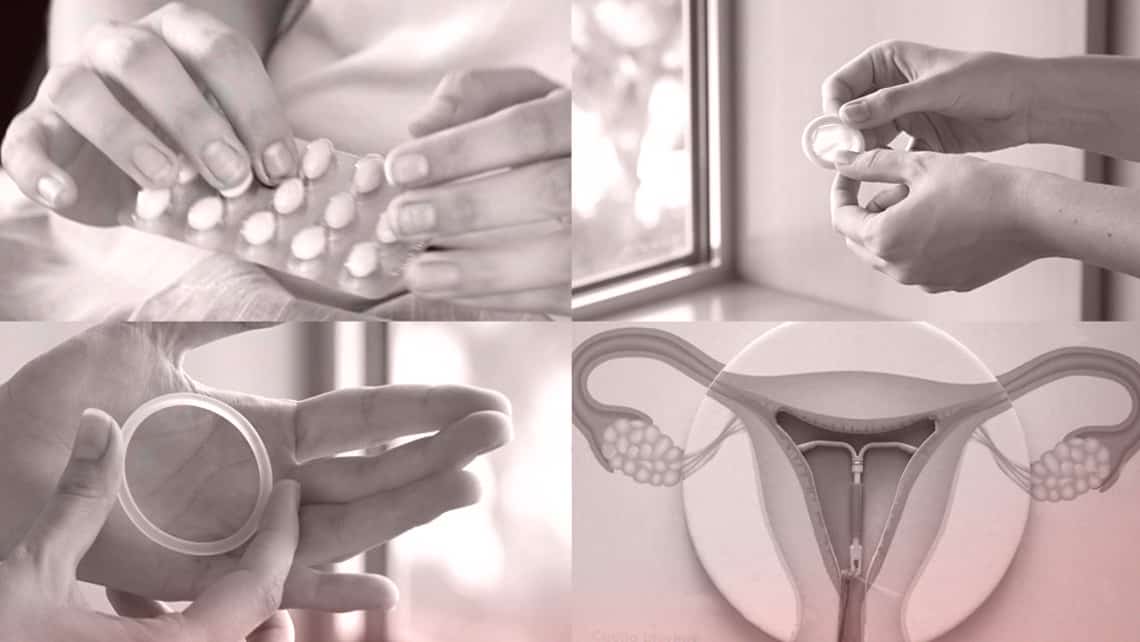
How do male and female contraceptives affect my fertility?
Contraceptives are any means of stopping the union between an ovum and a spermatozoon from taking place and, therefore, avoiding pregnancy.
There are a number of available contraceptives for men and for women and their impact on fertility varies.
- So-called ‘natural’ contraceptives (the rhythm or Knaus-Ogino method, basal temperature or withdrawal) do not affect fertility at all.
- Condoms (a barrier method which does not affect fertility in any way).
- Vasectomies or tubal ligation are considered ‘absolute’ means of contraception or sterilisation. They make it impossible to reproduce unless patients go through assisted reproduction treatment.
- Undoubtedly the most commonly-used contraceptive is ‘the pill’. It was developed almost 70 years ago and it was probably the first ‘elective pharmaceutical drug’ used to suppress a bodily function, rather than to cure an illness.
- Additionally, it is also estimated that around 80 million women use one form of hormonal contraception or another (patches, vaginal rings or a hormone IUD).
The use of hormonal contraceptives has been linked to certain ‘myths’ or misunderstandings that have caused concerns such as these: When a woman takes the contraceptive pill for a long period of time, does this affect her fertility? Can hormonal contraceptives cause sterility? It would seem that these concerns were caused by the so-called ‘absence of post-pill period’ or post-pill amenorrhoea. Around 1% of women fail to have a period when they stop using hormonal contraceptives. We used to believe that contraceptives were the cause and this generated a concern about their impact on fertility. However, studies have since shown that disorders of this kind were mainly linked to other conditions in the patient (premature menopause, polycystic ovary syndrome, fluctuations in weight, etc.).
It has also been demonstrated that the chances of getting pregnant one year after ceasing to use these contraceptives are comparable to the chances that women who have not used them have of getting pregnant. In fact, taking these contraceptives could even be beneficial for women who have diseases such as endometriosis.
In short, the answer to the question ‘What are the consequences of hormonal contraceptives on fertility in women?’ is ‘none’.
Dr Juan Carlos Castillo, a gynaecologist at Instituto Bernabeu.
